The Minister of Education, Prof. Tahir Mamman, announced on Tuesday that the Federal Government has no intention of privatizing universities by selling them to private investors.
The minister clarified this during the Second Quarterly Engagement, a meeting with heads of units, chief executive officers, and agencies under the ministry’s supervision.
According to Persecondnews, the Academic Staff Union of Universities (ASUU) claimed that the FG was plotting to relinquish control of federal universities to private investors through public-private partnership (PPP) arrangements.
The minister said: ”There is no plan to sell off universities to investors.”
He pointed out that the government’s policy allowed for transnational education.
According to Mamman, the government’s transnational education policy aims to attract international investment in Nigeria’s tertiary education sector.
It encourages foreign investors to tap into the country’s educational market and establish partnerships with local institutions.
He said: “Some people are carrying information that the Federal Government is selling off to private investors its universities. This is an absolute lie and completely false.
“This government believes in our public institutions. However, as we all know, this government has reforms that this country needs.
“The private sector will play a major role in the provision of tertiary education, as there are more private universities in Nigeria than public universities combined.”
The minister emphasized the importance of welcoming international university operators to establish institutions in Nigeria, either independently or through partnerships with local universities.
He clarified that this initiative does not involve the sale of existing institutions, but rather aims to foster collaboration and growth, with established guidelines governing transnational education in place to ensure a smooth and regulated process.
Mamman urged Nigeria to follow the example of other countries and leverage the benefits of transnational education, adopting best practices and strategies that have proven successful elsewhere to enhance the country’s tertiary education system.
He said: “In other parts of the world, like Asia, they have benefited immensely from having international institutions in those countries.
“They have taken standards to those countries and also for the exchange and bringing money to those countries.”
The purpose of the meeting with heads of agencies and parastatals, he added, was to evaluate progress, address challenges, and reaffirm their shared commitment to transforming the nation’s educational sector.












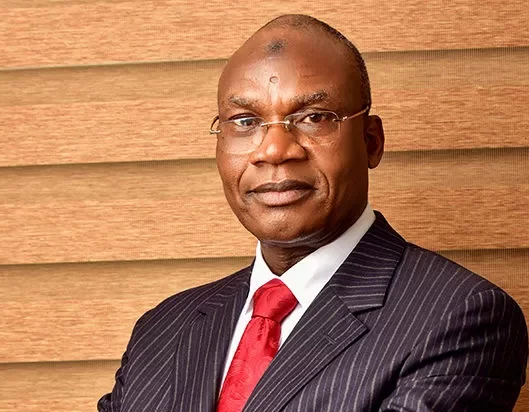







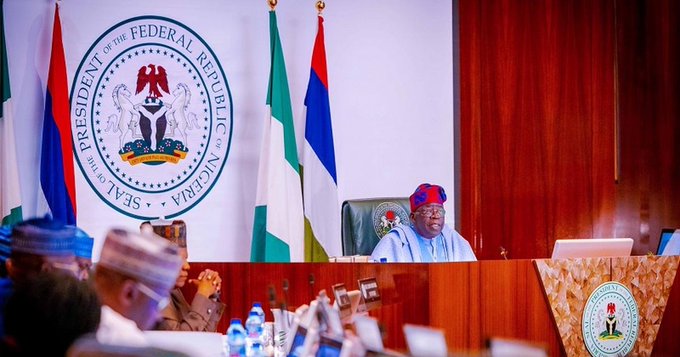






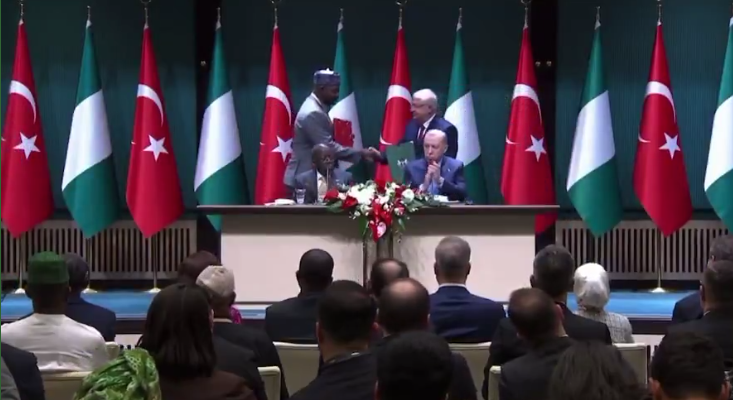
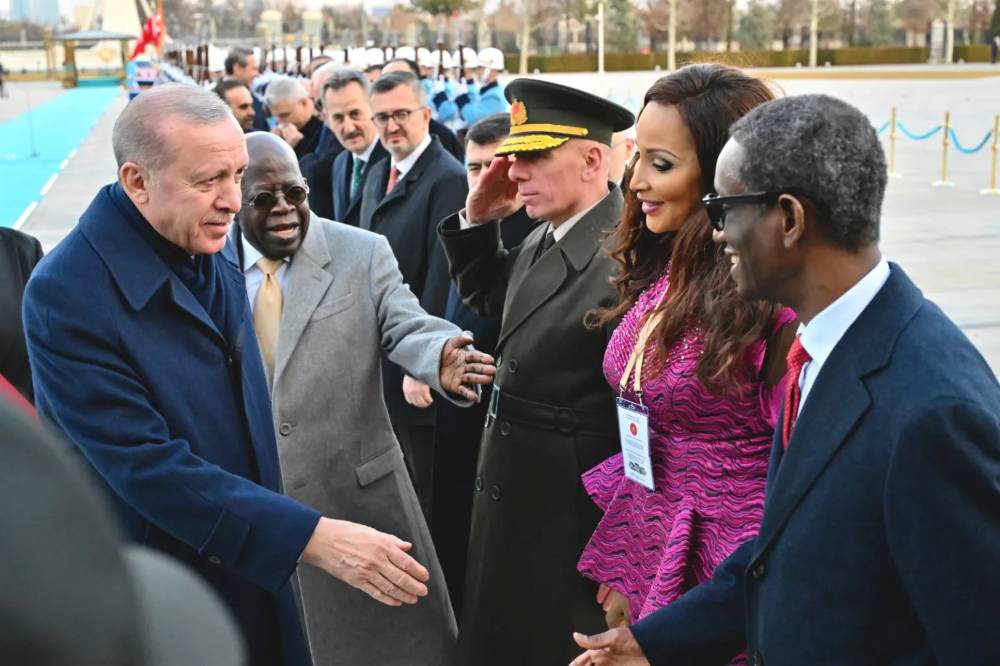



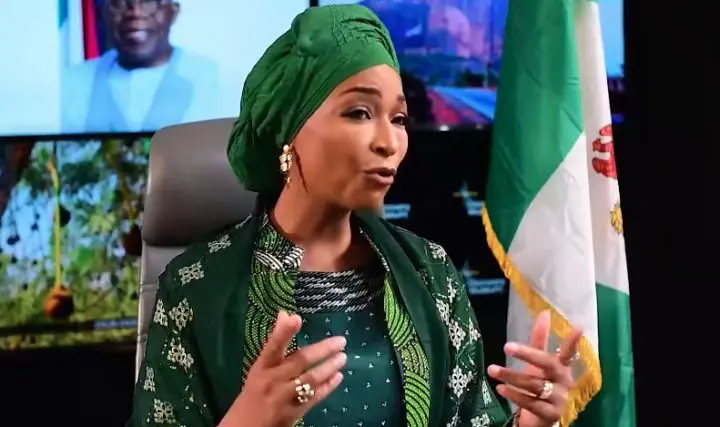
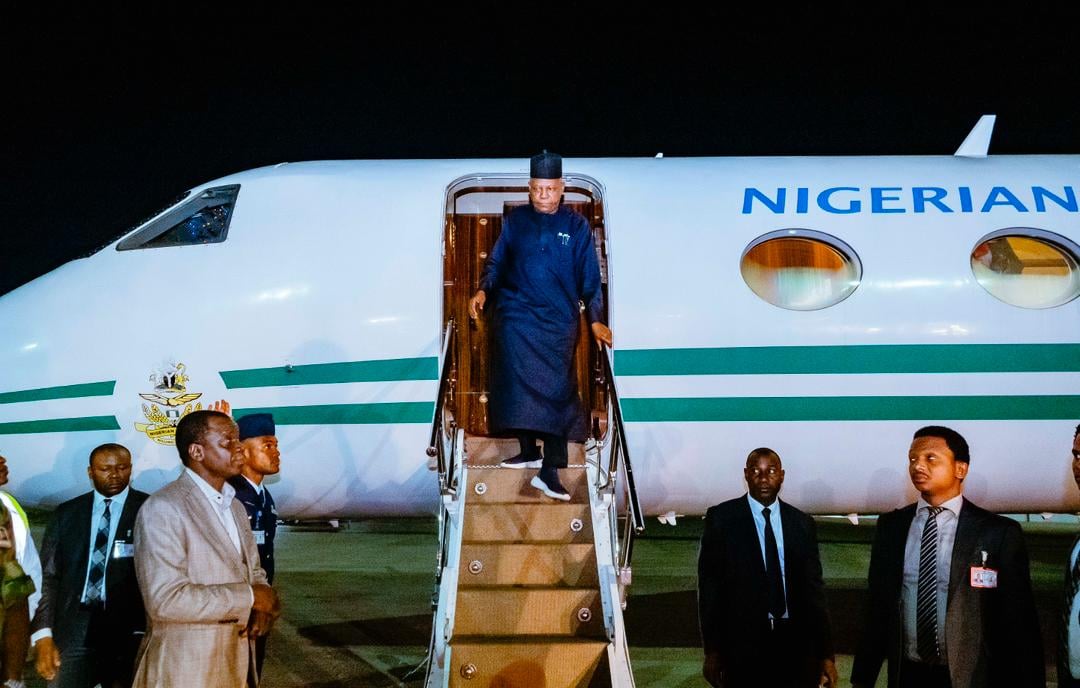




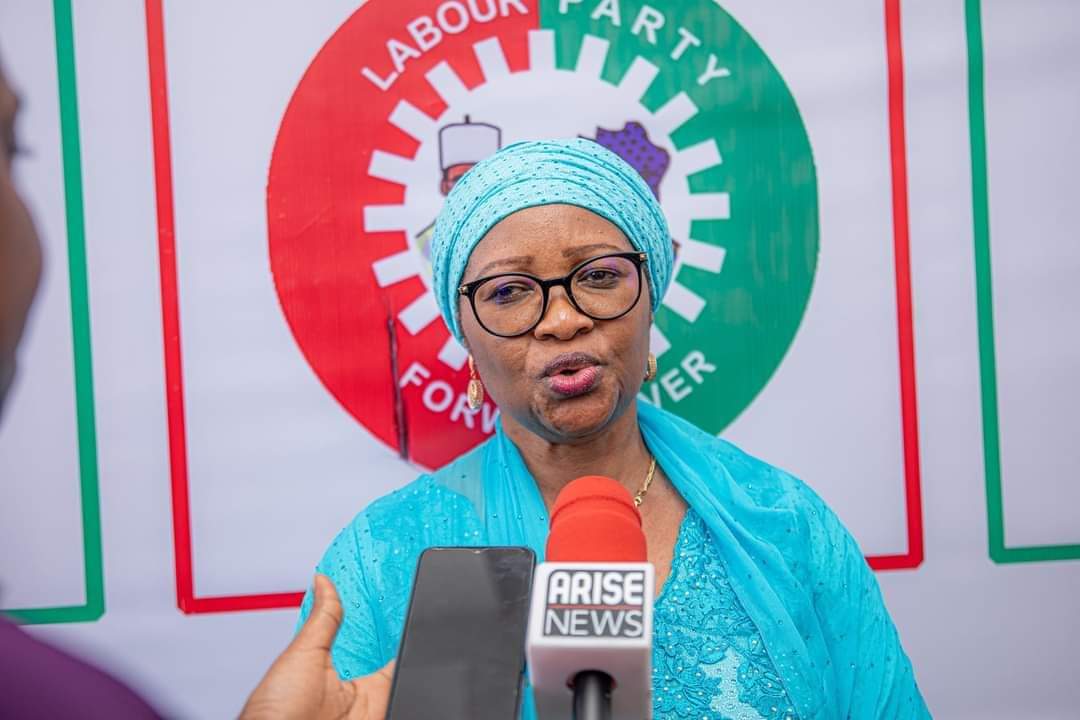
Leave a comment